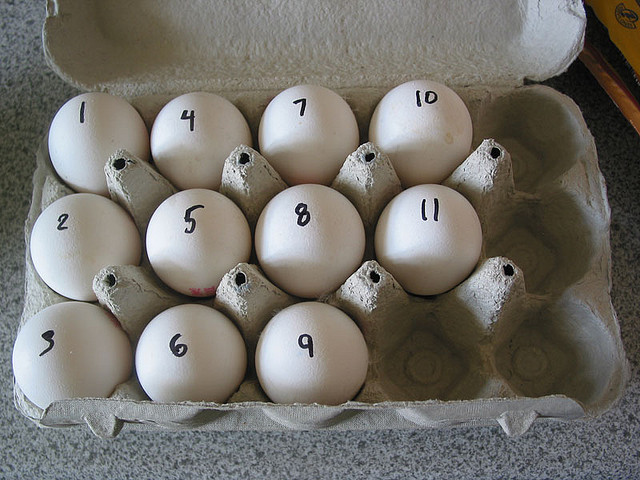The press has made much of a perceived backing down from a plan to build 12 submarines. We say ‘perceived’ because no-one has actually said that. But it’s true there’s been some very careful language choices around submarine numbers, including by the Defence Minister, here in his speech:
… my primary focus is not on numbers but on the capability and availability of boats required to meet the tasks set by government.
And here in a doorstop:
To [put] a number on submarines is a distraction. What we want is a long term capability that can be sustained as an enterprise, as an asset that can go long into the future building submarines.
It’s true that the focus ought to be on the delivery of defence capability that’s well-matched to strategy and to the budget. But talk at the conference, both from government and from the bureaucracy, has been about the need for an enduring industrial capability for submarines. While no-one has said so in as many words, an enduring submarine design and build capability all but mandates moving to a continuous build program—the case for which was laid out in detail in DMO’s Future Submarine Industry Skills Plan last year. Another criterion is avoiding any capability gap that might otherwise occur at the end of the Collins-class lifetime.
We think meeting both of those criteria is only really feasible if the fleet constitutes around 12 boats. We’ll explain why below, but first observe that France has 10 boats (and exports others), and still has management challenges in keeping its industrial capability intact. The UK’s fleet of 11 submarines (and no exports) has barely provided enough continuous work. By general consensus, Japan sustains its industrial submarine capacity pretty well through a rolling production model, but it has 16 in service and is expanding to over 20. Maybe we could come up with a model that works with fewer than 12 boats, but clearly we’d have our work cut out.
Other numbers here aren’t especially promising either. As we pointed out in our 2012 Mind the gap paper (PDF), a Collins life extension will take them out to 2030 (and beyond that for a few boats). By then they’ll be around 30 years old—not unusual for naval platforms.
The recent success in improving Collins sustainability has seen a move to a ’10 years on, 2 years in maintenance’ operating cycle (it was previously 8 + 2), allowing more efficient use of those expensive assets. Future boats could thus serve for 22 years as a minimum, and 34 if they do three cycles as the Collins class will come close to.
So if we had 12 submarines and kept them for the minimum 22 years, we’d need a new one every couple of years. If the number fell below 12, we’d have to slow down further, raising the question of what constitutes an efficient use of the investment required to sustain shipyard and design capacity. Such a slow production rate wouldn’t replace the six Collins boats in the right timeframe; we’d have to produce a batch of four to six fairly quickly and then slow down—but then it’d be hard to avoid having 10–12 boats at some stage.
Of course, 22 years is a remarkably short life-of-type for a submarine. So the question is whether the benefits of an ‘enduring capability’ justify the additional cost of replacing vessels more frequently?
A quick estimate isn’t encouraging; moving from a 34 to 22-year lifespan increases the capital cost of maintaining the fleet by more than 50%. Even with potentially higher productivity and potential savings from avoiding mid-life upgrades, it’s likely there’d be a substantial cost premium. Then there’d be the added costs of maintaining administrative and managerial overheads continuously, within both industry and Defence.
A continuous build program of ships and submarines would also lock the government into maintaining the size of the submarine and maybe surface fleets. Navy might see that as an added benefit; no need to make the case for the next generation at replacement time. But from a broader defence perspective it would fix the minimum size of a large and expensive part of the force structure. And from a public policy perspective it would lock in a substantial chunk of what was previously discretionary spending.
Call it what you want—an enduring capability or a continuous build program—it means that we’d be creating either a private or publicly-owned monopoly submarine production entity. As the bad old days of government-owned shipyards demonstrated, ensuring productivity from a monopoly supplier is a far from easy task.
Finally, it’s worth noting that the main rationale for an enduring capability is a desire to meet some ambitious and uniquely Australian requirements—the prime source of cost and schedule overruns in other defence equipment over the years.
Andrew Davies is senior analyst for defence capability and director of research at ASPI and Mark Thomson is senior analyst for defence economics at ASPI. Image courtesy of Flickr user sir chalky.


